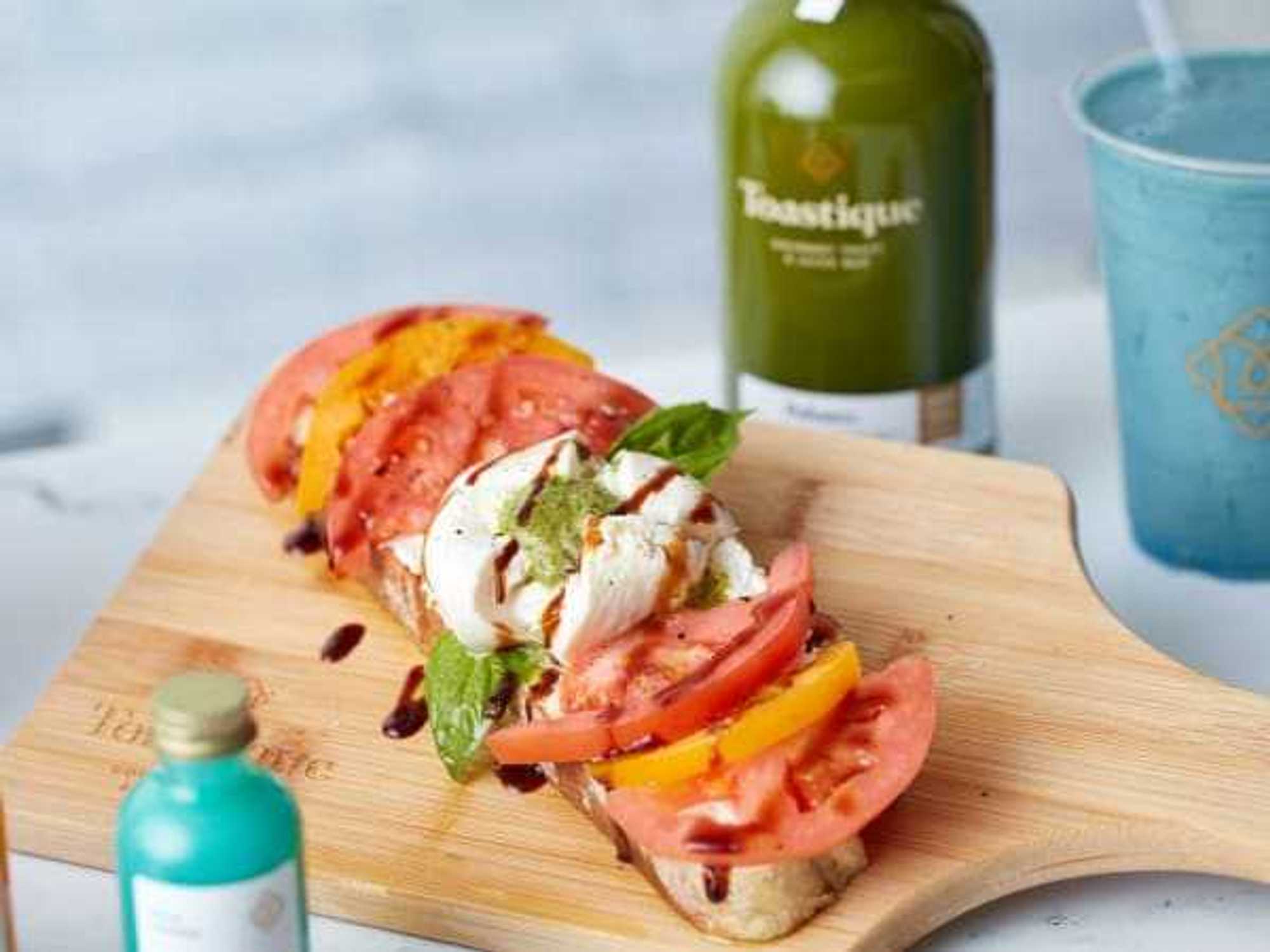Trolley News
Dedicated volunteers extract Spaghetti Warehouse trolley from Dallas' West End

Thanks to a dedicated team of conservation-minded folks, the vintage trolley from the Spaghetti Warehouse in Dallas' West End has been moved to a temporary new home: in a warehouse at Orr-Reed Architectural Co., the salvage store just south of downtown Dallas, which will provide a safe space for the vehicle while it undergoes a restoration.
A permanent home is still TBD, but Orr-Reed will be housing the trolley for at least the next 12 months.
The trolley was one of the original streetcars that ran through East Dallas nearly a century ago. It surged to fame in 2019 when Spaghetti Warehouse closed after 47 years, and the company held a giant auction of its extensive collection of memorabilia.
The streetcar got a bid from an anonymous buyer, but that buyer bailed once they encountered the difficulties of removing the trolley from the location.
The trolley was donated to the Junius Heights Historic District, a neighborhood association in Old East Dallas who wanted to save the trolley because of its role in the original streetcar program that was key to the establishment of Junius Heights.
Orr-Reed is providing the space and backup manpower for free.
"The first time it went on the auction block, I wanted to buy it because I'm obsessed with keeping the city’s history," says Orr-Reed owner Hannah Hargrove. "Dallas is known for tearing things down and replacing it with bigger and better things, but 'bigger and better' only lasts 50 years. Since we have the space, we wanted to be helpful in providing the trolley's next chapter of life."

The move
JD Middleton, who builds out restaurants and bars for his "day job," oversaw a team of volunteers who broke the trolley down into pieces and transported it to the new location.
"My buddy JJ Velez and I saw it in the news, we both had a personal connection," Middleton says. "My grandfather drove the trolley, it's possible he drove that one, while JJ had seen it when he was a little kid, after the Christmas parade in downtown Dallas."
With another friend, Randy Lasiter, assisting, they volunteered to do it on a 100 percent volunteer basis. For the past six months, they've been going there in the early morning, working a couple hours before heading to their regular job sites.
"We do a lot of crazy things for customer requests, and this was right up our alley," Middleton says.
This entailed cutting the exterior into parts: removing the front and back "nose pieces," breaking down the body of the trolley into panels, then splitting up the chassis foundation — like a vertebrae that they cut up, to be reassembled by a welder.
Middleton says that Uncle Dan’s Pawn Shop donated saw blades and trailers and other equipment, as did Frida's Social Club on McKinney Avenue, who provided a big trailer and truck to haul it over to Orr-Reed.
On December 3, Middleton assembled a group of friends who spent four hours loading the trolley piece-by-piece onto trailers, then unloading it at Orr-Reed. He's also volunteered to help restore it.
"There's some rusting on the inside, it's like an old Ford Model-T that's been sitting in a garage," he says. "We'll get it sand-blasted and primed and painted, then put it back together again."
Their work is saving the Junius Heights Historic District hundreds of thousands of dollars.
"It's like an art project for us, and we're getting the opportunity to help take care of history," Middleton says. "JJ ate there when he was a little kid, and he'd like to take his kid to see it when it's finished. That’s why we're doing it."

The new home
The Junius Heights group does not yet have a permanent home for the trolley, nor a plan for how it will be managed or maintained. Details details.
For now, it resides in Orr-Reed's "dry house" — a warehouse they've used for overflow and for items that need to be kept out of the elements such as big furniture items, casement windows, and things that cannot get wet.
Hargrove and her staff built shelving and redesigned the warehouse to make it work.
"It'll definitely affect our day-to-day routine — there's a giant cumbersome trolley that's taking up space — but it’s worth it," Hargrove says. "If we hadn't done it, they would have had to spend a lot of money on storing it rather than restoring it. I'm a keeper of history, it’s my duty, although I've never done anything on this scale."
"We're not doing it for the money, we're doing it because someone has to," she says. "I feel like I'm doing the right thing."
